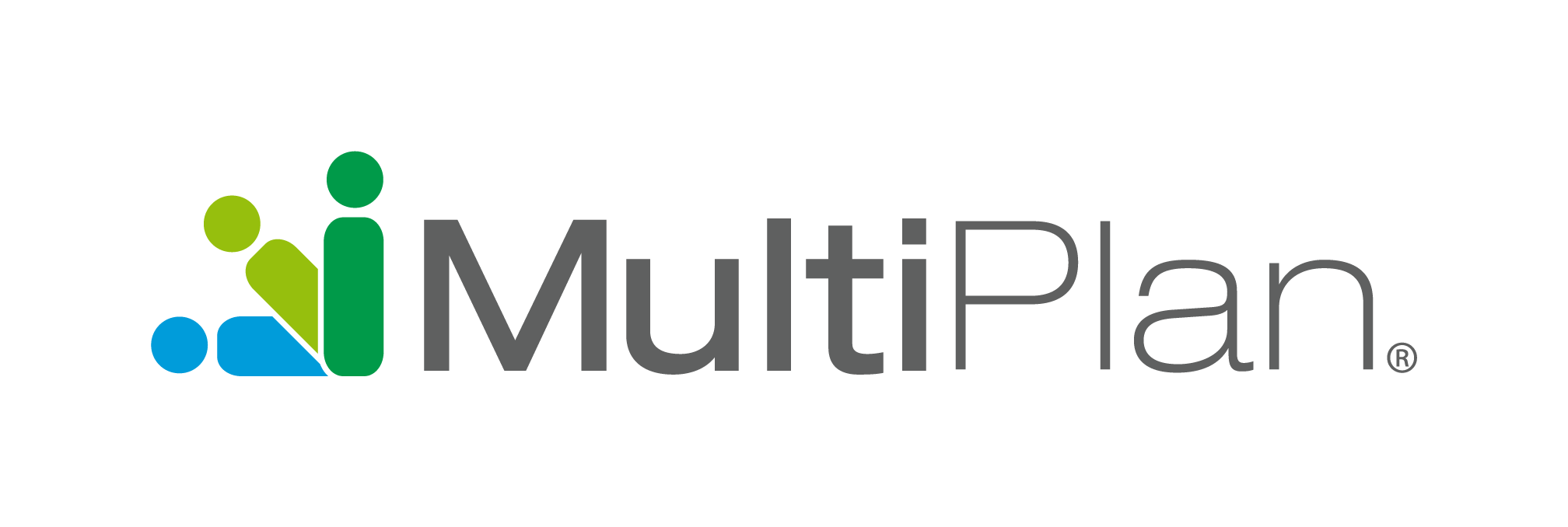Healthcare payors who believed they were prepared to comply with the No Surprises Act (NSA) without assistance have realized the new law is more complex than they initially thought. That’s the message MultiPlan has repeatedly received from clients who elected to try to manage the NSA or parts of it on their own.
Common Questions
MultiPlan has also learned that payors are confused about when the NSA applies. Specific questions they have include:
• Who does the No Surprises Act apply to?
• What types of providers does the law apply to?
• Under what circumstances does it apply?
• Are there scenarios when providers can balance bill?
• Are there circumstances when the NSA requirements aren’t applicable?
• Do State surprise billing laws or the Federal NSA apply?
• Are government plans also impacted by the law?
MultiPlan has written several blogs that address most of the above questions. To summarize, the NSA protects people covered under group and individual health plans from surprise medical bills when they receive emergency services, non-emergency services from out-of-network providers at in-network facilities, and services from out-of-network air ambulance service providers. With notice and consent, surprise bill protection can be waived for all but ancillary providers (e.g., hospital-based providers such as anesthesiologists), allowing those non-ancillary providers to balance bill.
The NSA explicitly defers to certain state laws for the out-of-network services that are covered under both the state law and the NSA. State laws apply when the state’s protections reach the plan, issuer, or coverage involved (i.e., it’s an insured plan); the provider (i.e., the provider is licensed in the state where the plan is underwritten); and the services (i.e., the state law applies to the services at issue). The federal Interim Final Regulation states, “In instances where a state law does not satisfy all of these criteria, the state law does not apply.”
Here are some issues healthcare payors are grappling with:
Internal Resources
Many underestimated the amount of resources needed to keep up with the NSA’s requirements. After six months of living with the law, many payors we talk to now realize they don’t have the bandwidth to support compliance on their own. Others have found that while the individual departments within their organization are taking care of their own distinct responsibilities, coordinating an all-encompassing companywide response has been challenging. This is most true with large payors implementing cross-functional teams, as they are experiencing some breakdowns with internal workflows.
Qualifying Payment Amount
The qualifying payment amount (QPA) is creating confusion. Some payors don’t understand how to calculate it while others wonder how to use it. This is particularly true with reference-based pricing plans that do not use a network, or use only a partial network. While the Interim Final Rule specifically mentions plans that do not have networks, there is little clarity around how the QPA, which is a median contracted rate, can be calculated when there are no contracts.
Independent Dispute Resolution
An emerging issue as more claims make their way through the negotiation process is managing the independent dispute resolution (IDR) process. Difficulties revolve around navigating the IDR portal, preparing a compelling case for the arbitrator, and having the resources needed to support the IDR process.
Machine-Readable Files
Some healthcare payors expressed frustration over machine-readable files (MRFs), which are required by the Transparency in Coverage (TIC) Rule rather than the NSA. The payors are struggling with the size of the files.
As a reminder, the TIC rule requires health plans to publish three machine-readable files (MRFs) each month:
• In-Network Provider Negotiated Rates
• Out-of-Network Allowed Amounts
• Prescription drug pricing
The in-network and out-of-network files were required to be posted starting July 1. The date for the prescription files is yet to be determined.
Conclusion
With healthcare payors having a new appreciation for the complexity of the NSA, many are reevaluating their decision to go it alone and are asking for help. MultiPlan offers an End-to-End Surprise Billing service that includes identifying surprise bills, calculating and appending the QPA, pricing and editing claims, negotiating settlements, and managing the arbitration process. Healthcare payors use the entire service or certain components where they need help, such as IDR.
Learn more here.
The information provided on this website does not, and is not intended to, constitute legal advice; instead, all information, content, and materials available on this site are for general informational purposes. If you have questions about how the No Surprises Act applies to your organization, please consult your legal counsel.

